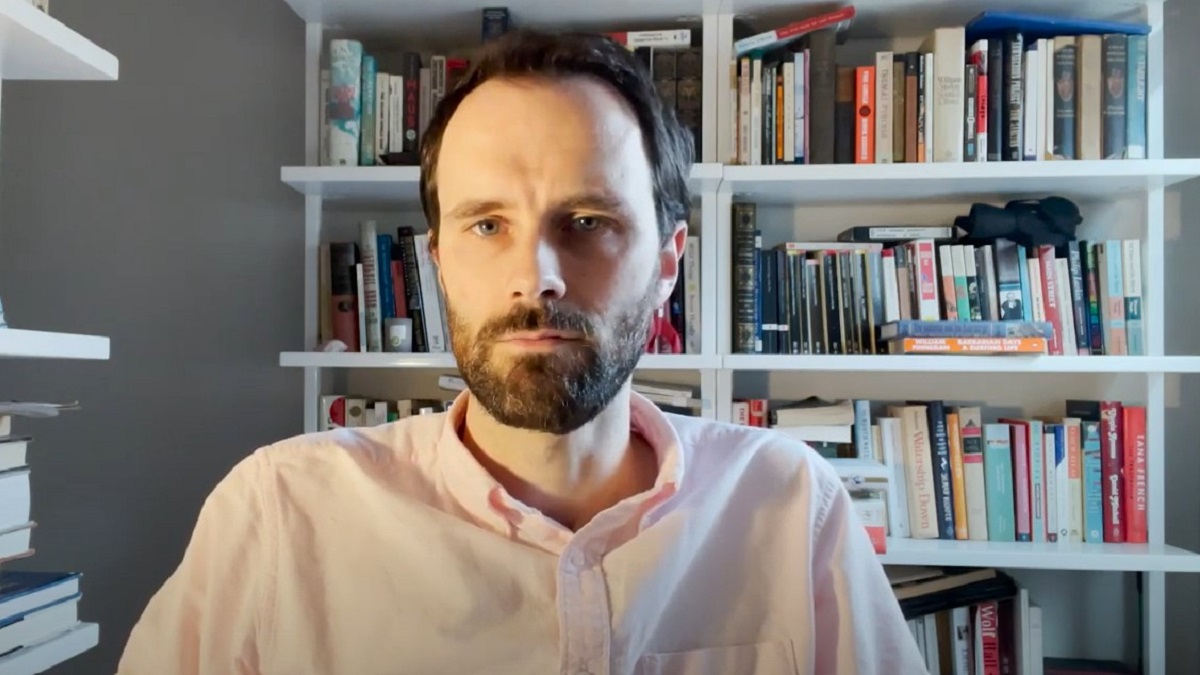Windows company Microsoft and OpenAI are facing a lawsuit alleging the misuse of nonfiction authors’ work to train the artificial intelligence models supporting services such as OpenAI’s ChatGPT.
Author and Hollywood Reporter editor Julian Sancton (pictured), who is leading the proposed class action filed in Manhattan federal court, claimed that OpenAI replicated tens of thousands of nonfiction books without permission to instruct its extensive language models in responding to human text prompts.
This legal action is one among several filed by groups of copyright owners, including authors John Grisham, George R.R. Martin, and Jonathan Franzen, accusing OpenAI and other tech firms of using their work to train AI systems without permission or compensation. However, the companies have since denied these claims.
“While OpenAI and Microsoft refuse to pay nonfiction authors, their AI platform is worth a fortune,” Sancton’s attorney Justin Nelson said in a statement via Reuters. “The basis of OpenAI is nothing less than the rampant theft of copyrighted works.”
Not the first of many
Sancton’s legal complaint marks the first instance of an author suing OpenAI while also naming Microsoft as a defendant. Having invested billions in OpenAI, the Windows company has become OpenAI’s exclusive cloud partner and has integrated several of the company’s systems into its products.
According to Sancton’s legal action, OpenAI replicated nonfiction books, including his own “Madhouse at the End of the Earth: The Belgica’s Journey into the Dark Antarctic Night,” to train its extensive GPT language models. The legal complaint went on to state that Microsoft has played a significant role in training and developing the models, making the company accountable for copyright infringement.
Sancton requested that the court grant an unspecified monetary damage as well as a court order to prevent the alleged infringement.
While this isn’t the first – and likely won’t be the last – time OpenAI and other AI companies are sued by creatives, such cases are usually dismissed with little to no compensation for the artists and authors involved, leaving them without reparation for the alleged misuse of their creative work.
Isa Muhammad is a writer and video game journalist covering many aspects of entertainment media including the film industry. He's steadily writing his way to the sharp end of journalism and enjoys staying informed. If he's not reading, playing video games or catching up on his favourite TV series, then he's probably writing about them.



































